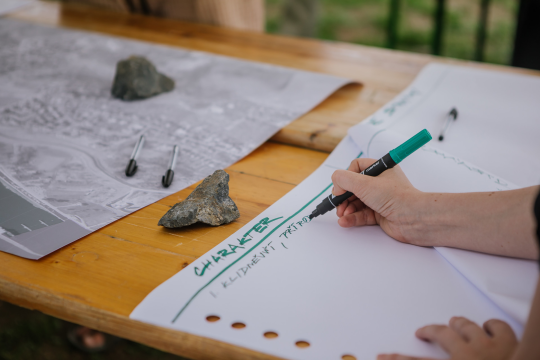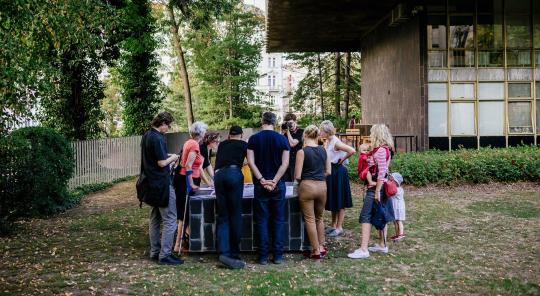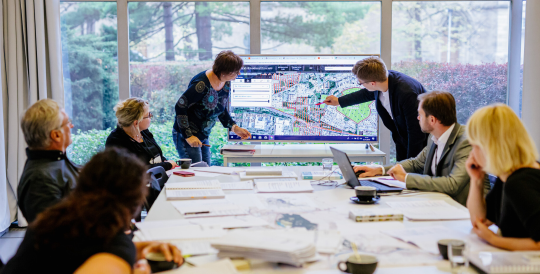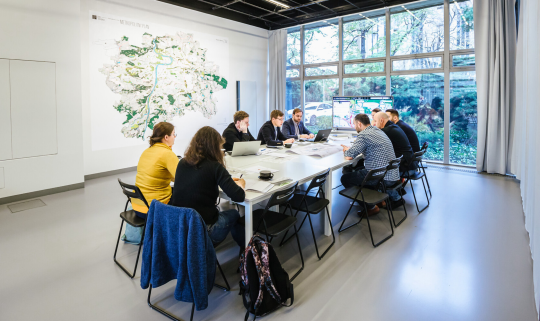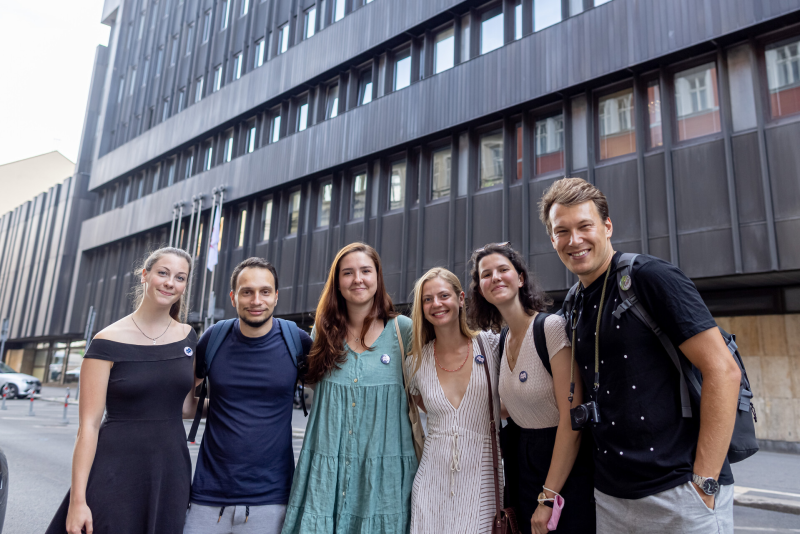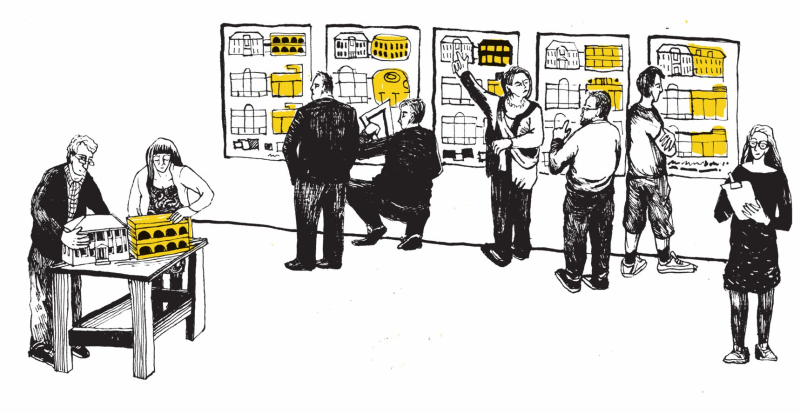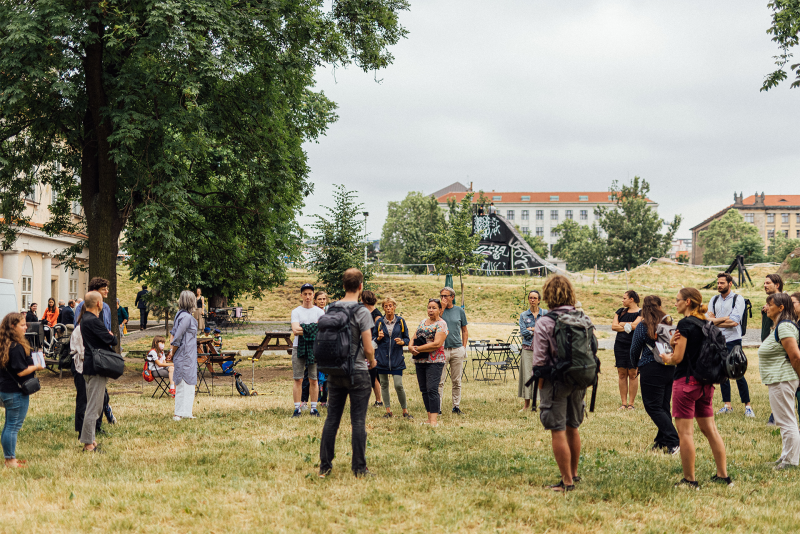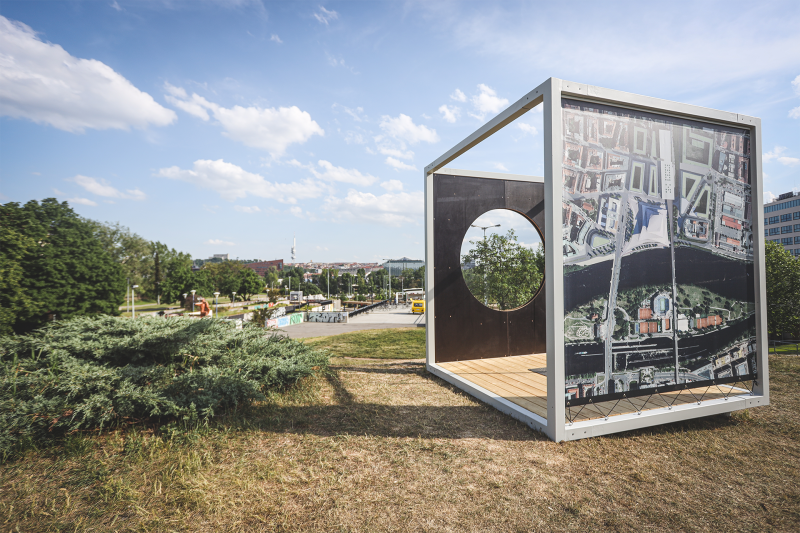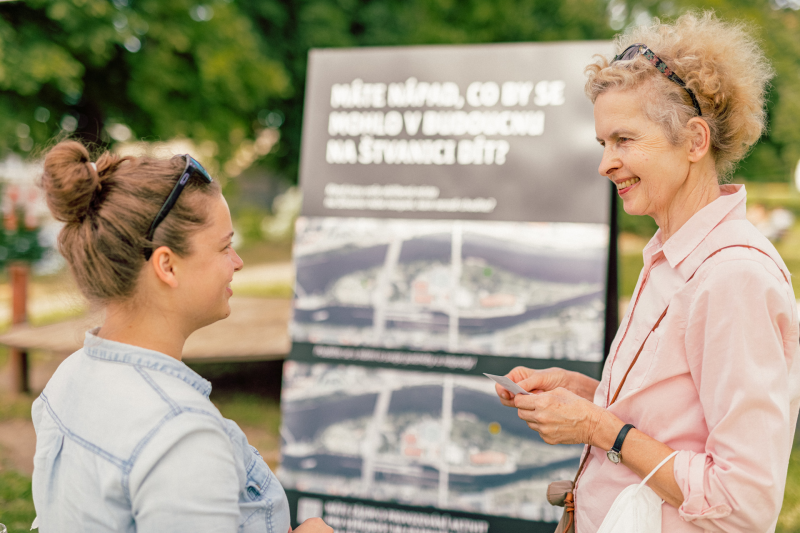Planning Coordinators
The Planning Coordinators Program aims to make participation a standard practice throughout Prague, ensuring equal opportunities for involvement citywide. Planning coordinators currently operate in several districts, facilitating citizen engagement in local urban planning. They oversee all local projects, except for large-scale citywide initiatives, and serve as the primary point of contact for participation inquiries within local communities. Our goal is to gradually expand the coordinator network across all districts, ensuring that participation happens as close to residents as possible and at the local level.


